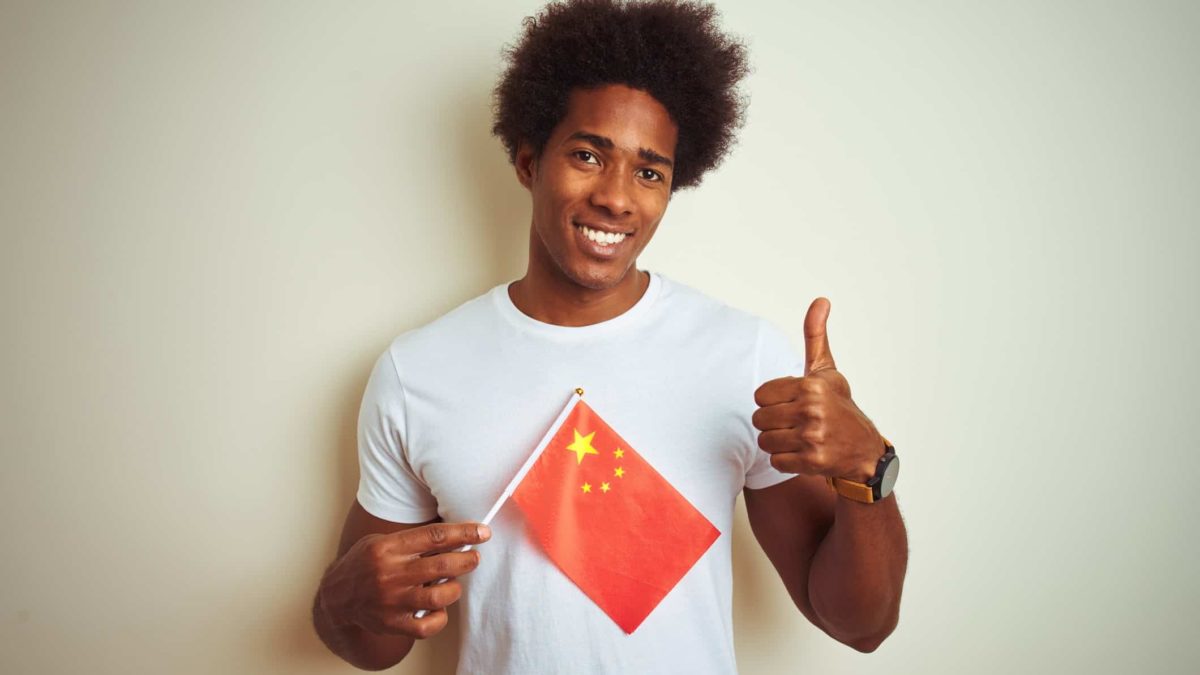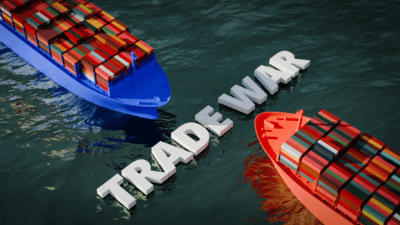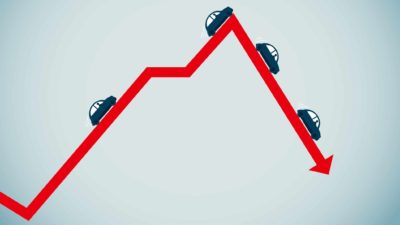There has been no shortage of commentators telling ASX and international investors about the merits of investing in China.
China is the world's second-largest and most populous economy. As such, China has been climbing its way up investors' watch-lists in recent years. In no doubt helped by the stellar performance of some of its biggest companies.
US-based tech companies like Tesla Inc (NASDAQ: TSLA), Alphabet Inc (NASDAQ: GOOGL)(NASDAQ: GOOGL), Amazon.com, Inc (NASDAQ: AMZN) and Netflix Inc (NASDAQ: NFLX) are arguably still more popular with Aussie investors. Even so, it's fairly safe to say that Chinese companies have worked their way into the ASX investor conscience.
Aussie investors are probably familiar with one of China's biggest companies after 2020 – Tencent Holdings (OTCMKTS: TCEHY). Tencent made waves last year when it acquired a 5% stake in buy now, pay later (BNPL) darling Afterpay Ltd (ASX: APT) in May – an investment that would have already paid off very handsomely.
Chinese shares prove popular
Other Chinese companies, particularly those in the tech space, are also proving very popular. Just this week, we looked at some of the most popular international shares that ASX investors have been buying of late. And over the week of 4-8 January, 2 Chinese companies were in the top 10 list.
They were the e-commerce juggernaut Alibaba Group Holdings Ltd (NYSE: BABA) and the electric vehicle and battery manufacturer Nio Inc (NYSE: NIO), the 'Tesla of China'.
Other popular Chinese companies include JD.com Inc (NASDAQ: JD), often described as the 'Amazon of China', Baidu Inc (NASDAQ: BIDU), the 'Google of China' and iQiYi Inc (NASDAQ: IQ) the 'Netflix of China'.
The stellar performances of some of these companies have no doubt helped. Tencent, for example, is up more than 52% over the past 12 months. Baidu is up more than 70%, and Nio a whopping 1,550%.
As you might have noticed, these companies, although Chinese, are all listed on American stock exchanges like the Nasdaq and the NYSE. Tencent is listed on the over-the-counter (OTC) markets.
But these companies have recently become potential casualties of the rising geopolitical tensions between the United States and China. Just last month, US President Donald Trump signed a law that requires "foreign companies to submit to increased accounting disclosures and to certify that they are not owned or controlled by a foreign government".
According to reporting in the Australian Financial Review (AFR) 2 weeks ago, the NYSE has already begun the delisting process for 3 Chinese companies – China Telecom Corporation, China Mobile and China Unicom. Other popular Chinese companies like JD.com have initiated separate listings on the Hong Kong Stock Exchange in anticipation of a potential delisting move.
China's 'big 3' safe… for now
However, holders of the more popular Chinese companies will be breathing a sigh of relief today.
According to a separate AFR report today, the US government will not be forcing Alibaba, Tencent and Baidu to delist from American exchanges.
According to the report, the US Treasury has "blocked an attempt" by the Pentagon and the US State Department to delist these companies. That's despite the latter 2 agencies "pushing hard" for delisting due to "alleged links to the Chinese military".
Whilst this move might be irrelevant for many ASX investors who don't hold the US-listed Chinese shares themselves, it would have had other consequences.
A popular and best performing exchange-traded funds (ETFs) on the ASX is the BetaShares Asian Technology Tigers ETF (ASX: ASIA). This ETF has more than $558 million in assets under management, and has returned 62% over the past 12 months. It holds Alibaba, Baidu and Tencent, as well as JD.com and iQiYi. ASIA unitholders (and BetaShares) would be very pleased with this development.
In 2021, Chinese companies will instead be dealing with a Biden Administration in the US. As such, it's unclear whether the pressure on US-listed Chinese companies will deflate or ramp up in 2021 and beyond. But recent history is no doubt causing some worry for Chinese-focused ASX investors.









